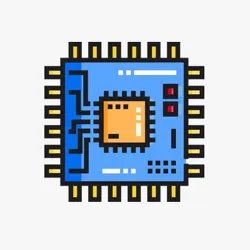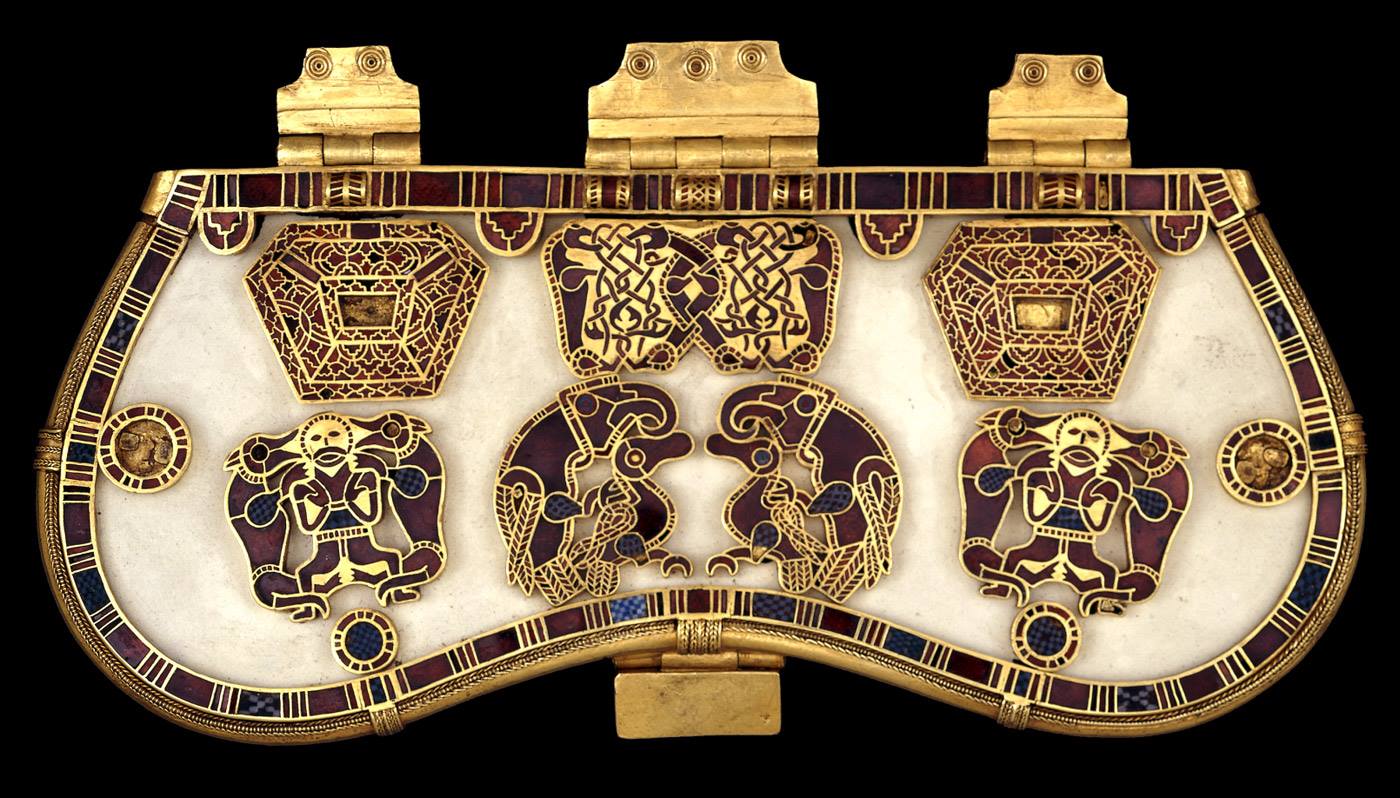Showing what’s in the cupboards & drawers is more like
ls -R
Showing what’s in the cupboards & drawers is more like
ls -R
Americans miss u
OP what’s going on with your socks?


Rats fleeing the sinking ship?
I know saying “rat” is a bit libelous, but they’re praising a literal Nazi, so rat isn’t that bad.
I love the publisher ORLY³

On sending the information:
Microsoft bot: this issue has been marked as closed due to inactivity

Don’t forget to install the latest drivers!

As much as I’d love hating on Microsoft, I think this gross incompetence & shitty bureaucracy over malice from Microsoft. Kaginski was locked out of his account & Microsoft made it annoyingly difficult to recover. This is something I have also faced using Microsoft’s enterprise products, something we pay a lot of money for.
The bane of my existence is visiting Microsoft community posts, where “MVPs” advertise their years of experience before suggesting the most banal advice ever.

“Please Fund projects done by others, loved by all, which we can come and embrace, extend & extinguish… pretty please!”


I would kill for this lol



My man you’re half way to having hooves. You’re probably great at scaling vertical cliffs. /s


This tracks with my experience: I spent far more time double checking copilot output than trusting it. Also it almost always auto completed way too much way too often, but that could be UI/UX issue than a functional one.
However, by far the most egregious thing was that it made the most subtle but crucial errors I took hours to fix, which made me lose faith in it entirely.
For example, I had a cmake project & the AI auto completed “target_link_directories” instead of “target_link_libraries”. Looking at cmake all day & never using the *_directories keyword before I couldn’t figure out why I was getting config errors. Wasted orders of magnitude more time on finding something so trivial, compared to writing “boilerplate” code myself.
Looks like I am not alone:
Furthermore, the reliability of AI suggestions was inconsistent; developers accepted less than 44 percent of the code it generated, spending significant time reviewing and correcting these outputs.
When I did find it & fix it, something interesting happened: maybe because AI is sitting too damn low in the uncanny valley I got angry at it. If the same thing would have been done by any other dev, we’d have laughed about it. Perhaps because I’d trust a another dev (optimistically? Naïvely?) to improve & learn I’d be gentler on them. A tool built on stolen knowledge by a trillion dollar corp to create an uncaring stats machine, didn’t get much love from me.
Oh no! Not my sweets!


My dumb ass didn’t see the community & thought this was a sombrero spaceship 🤦
Serious question: was this ceremonial only, or supposed to be used in battle? Seems like unfit for actual battle?
No lie, this is how I learnt keyboard hotkeys as a kid. I’d click middle mouse to open a link on the site in a new tab, with my hand ready to go on Ctrl + W. The nanosecond I detected a fake site, I’d closer that sucker and move onto the next link.
Oh boy did I bring a lot of viruses on my computer in the process in the name of efficiency & greed (& hefty amount of stupidity).
Sisyphus peered into the mist, Stone’s throw from the precipice paused.